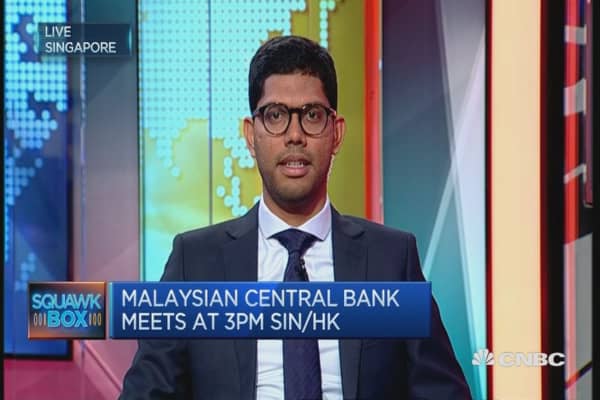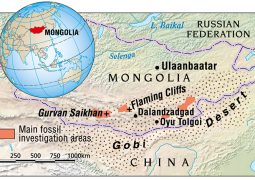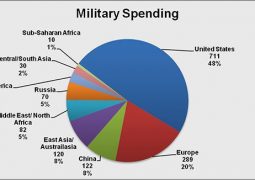Malaysian ringgit divides experts, with some seeing Trump, 1MDB risks

Malaysia’s currency has tumbled in the wake of the market’s “Trump tantrum,” and analysts disagree on whether that’s just the beginning or near the end.
The ringgit has taken it on the chin since Donald Trump’s surprise win in the U.S. presidential election on Nov. 8.
By Thursday, dollar had climbed as much as 6.5 percent against the Malaysian currency for the month so far, with the greenback fetching as much as 4.4630 ringgit, its highest since September 2015, and is flirting with levels last seen during the Asian Financial Crisis in 1997. On Friday, the dollar was fetching 4.460 ringgit at 10:06 a.m. HK/SIN.
At least one analyst thought the drop was overdone.
“We are looking at a cheap currency,” Tan Min Lan, head of the Asia Pacific investment office for UBS wealth management, said on Thursday. “The current account position is very comfortable. The fiscal balance is very well managed. The monetary policy, as well, [central bank] Bank Negara continues to have a very good standing with international investors.”
Tan said she was concerned about the high foreign ownership of Malaysia’s domestic bonds – at nearly 40 percent on some measurements – but she noted that the country was still rated single-A by the three major credit rating agencies Fitch, S&P and Moody’s.
“For emerging market investors, what they will compare Malaysia with is with your Turkey, and with South Africa and Brazil and Russia. Malaysia actually stacks up very well, if you look at all of the matrix,” the investor said.
While Malaysia’s currency may have been particularly hard-hit, it’s far from alone in selling off post-U.S. election.
Emerging market assets have tumbled in general in the wake of Trump’s upset win, as the dollar surged and U.S. Treasury yieldsjumped. That hurts emerging-market companies’ ability to service dollar-denominated debt and spurred outflows from the segment on the prospect of higher, less-risky returns on Treasurys.
Additionally, markets have been pricing in Trump’s aggressive rhetoric on curtailing global trade with the U.S., which would disproportionately hurt trade-dependent emerging economies.
But while UBS was sanguine on the ringgit, other analysts were far more bearish.
It’s “much safer” to position for the ringgit to fall further, strategists at National Australia Bank (NAB) advised in a Thursday note titled “Malaysia – Truly awkward,” which played on Malaysia’s tourism advertising slogan, “Malaysia, truly Asia.”
NAB expected that the dollar would fetch as much as 4.85 ringgit at the end of 2017, Julian Wee, senior markets strategist for Asia at NAB and one of the writers of the note, said via email.
NAB pointed to concerns over Bank Negara Malaysia’s warning to foreign banks to restrict trading in offshore non-deliverable forwards (NDFs) on the currency, which had fallen further than the spot rate.
While that move appeared to be only a reinforcement of existing regulations, it spooked traders. Markets tend to be more sensitive to tea-leaf reading over capital controls in Malaysia because the country was first to impose them during the Asian Financial Crisis.
NAB expected that even the central bank’s assurances it wouldn’t impose capital controls wouldn’t stem concerns about the possibility of that occurring. Capital controls would make it difficult or impossible for investors to remove cash from the country, making it less desirable as an investment destination.
“The Malaysian central bank’s attempt to use moral suasion to support its currency threatens to backfire, increasing pressure on the ringgit and potentially hurting growth,” NAB said. “Part of the reason Bank Negara Malaysia resorted to this heavy-handed approach might be that foreign-exchange reserves are uncomfortably low after having been run down in 2014.”
NAB also warned that disrupting the NDF market might “cripple” companies’ ability to hedge foreign-exchange flows, which could have the knock-on effect of hurting exports, economic growth and the external balance.
“The risk of a spiral into vicious circle should not be easily dismissed,” the bank said.
The analysts also disagreed on how much Malaysia’s current political climate might impact the currency.
Investigations and court cases were continuing globally into allegations that billions of dollars were looted from Malaysian state development fund 1Malaysia Development Berhad (1MDB). The long-running scandal has included allegations that diverted funds flowed to Malaysia’s Prime Minister Najib Razak’s personal bank account and to his stepson, Riza Aziz, whose company, Red Granite Pictures, produced the film “The Wolf of Wall Street.”
Najib, Riza and Red Granite Pictures have all denied wrongdoing.
Last weekend, however, the electoral reform group Bersih organized a protest in Kuala Lumpur to demand Najib’s resignation. The rally drew as many as 40,000 protesters according to official estimates, but some claim the crowd was larger.
In the wake of the protest, at least 15 activists and members of the political opposition have since been arrested, including Bersih chairwoman Maria Chin Abdullah, who was taken in under a new security law designed to deal with terrorists.
NAB said the political turmoil didn’t bode well for Malaysia’s currency.
“The simmering political crisis remains and is likely to continue to undermine investor confidence with speculation about elections continuing to swirl,” it said.
But UBS’ Tan was unconcerned about the potential political fallout for the currency, saying that she expected the country’s leadership to remain “more or less status quo.”
“There are on-going issues, but the opposition is in disarray and therefore there is no alternative. And hence a change in government in Malaysia is highly unlikely,” she said.
—By CNBC.Com’s Leslie Shaffer; Follow her on Twitter @LeslieShaffer1
- Previous ANZ, Macquarie Say Employees Tried to Rig Ringgit Benchmark Rate in Singapore Identities of individuals weren’t disclosed
- Next India’s Money Launderers Soil Modi’s ‘Spring Cleaning’ of Cash Drastic measures are being taken to dispose of wads of paper currency


















